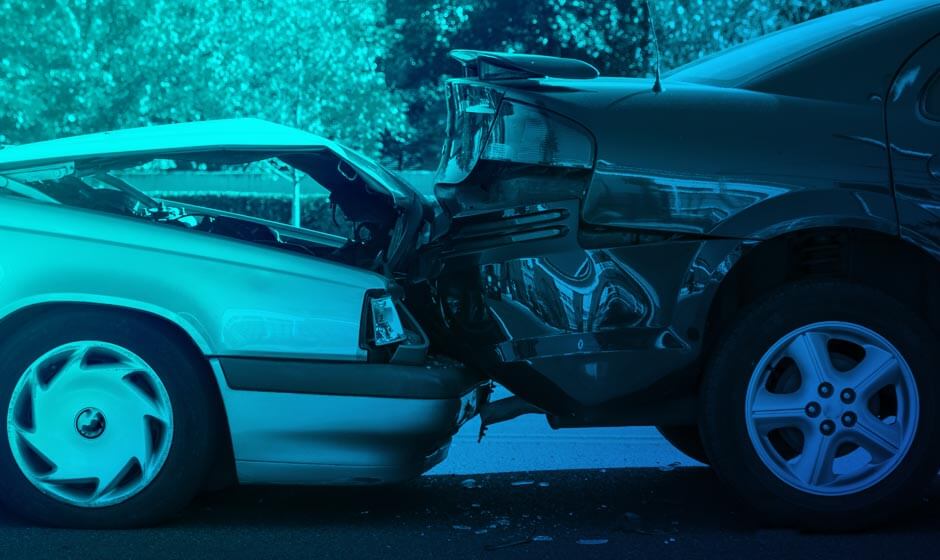Is Fault Automatic in a Rear-End Car Accident Case?
A rear-end car accident in Atlanta could cause significant personal injuries, including whiplash and back injuries. Although most people assume the rear driver is responsible for causing a rear-end collision, fault is not automatic in these cases. Investigators will respond to the scene, gather facts about the collision, and deduce the at-fault party based on the surrounding circumstances. It is possible for the first driver or a third party to be at fault for a rear-end collision.

What Is Negligence?
Fault for an Atlanta rear-end collision will ultimately fall on the person or party that was negligent. Negligence refers to a lack of reasonable care. Reasonable care in a driving scenario can include paying attention to the road, driving with a proper license, complying with traffic laws, and following the speed limit. Breaching any duty of care as a driver could result in causing a rear-end car accident.
- Following too closely
- Tailgating
- Speeding
- Failing to stop within a reasonable time
- Failing to pay attention to the road
- Weaving in and out of traffic
- Aggressive or road-rage driving
- Slamming on the brakes
- Losing control of the vehicle
To prove someone’s negligence – and fault – for a rear-end car accident, the victim must establish that the defendant owed a duty of care and breached this duty in some way. Then, the victim must show that the rear-end collision reasonably would not have happened were it not for the breach of duty of care. Finally, the victim must show that he or she suffered damages as a result of the defendant’s breach. Duty, breach, causation, and damages are the four elements necessary to prove a rear-end collision case.
Investigating a Rear-End Car Accident
It is true that the driver of the rear vehicle will usually be at fault for a rear-end collision. This is because it is the following driver’s responsibility to keep a safe following distance, follow at a reasonable speed, and prepare to hit the brakes at any time. Most rear-end collisions in Atlanta happen because of distracted or negligent drivers colliding into the backs of the vehicles they are following. Texting and driving, eating while driving, and other forms of driver distraction are common factors involved in rear-end collisions.
Fault for a rear-end collision, however, is not automatic. Instead, Georgia police will investigate to find out which party should have done something differently to prevent the accident. Police may investigate the front driver if the rear driver alleges that he or she did not cause the accident. If the rear driver says the other party brake-checked him/her or cut the rear driver off and slammed on the brakes, for example, this could warrant a deeper investigation into fault. The investigating office will examine both parties for signs of negligence. Then, the officer will give a professional opinion regarding fault.
Situations in which the rear driver may not be at fault for a rear-end collision include multi-vehicle accidents, an accident in which the front driver went in reverse, an accident because of broken taillights, or an accident because of defective brakes or other car parts. If another driver stops his or her disabled vehicle in the middle of the road with no hazard lights, the rear driver may also not be at fault for the collision. Each Atlanta car accident case is unique.